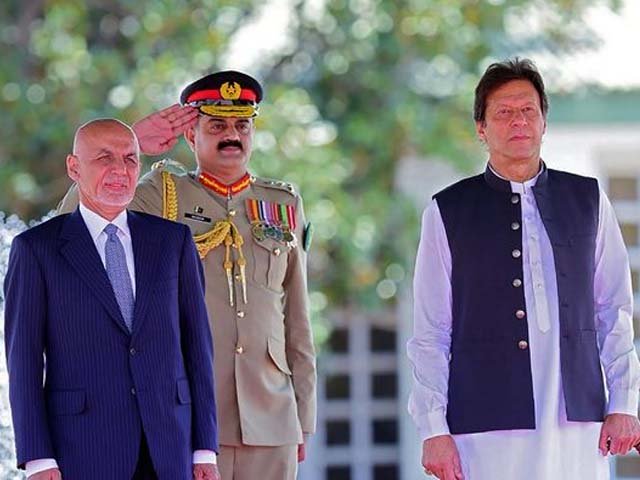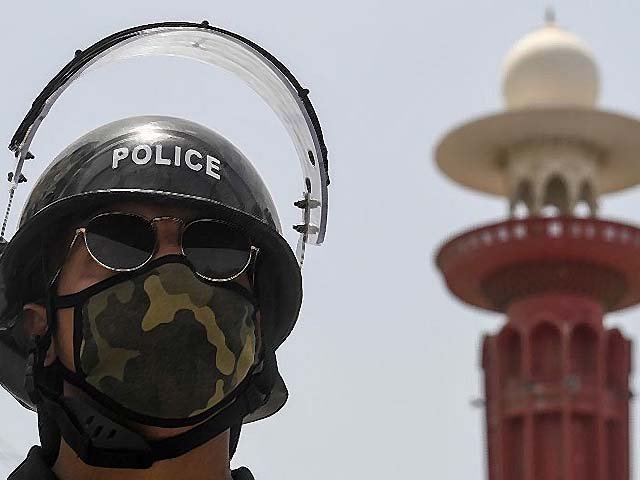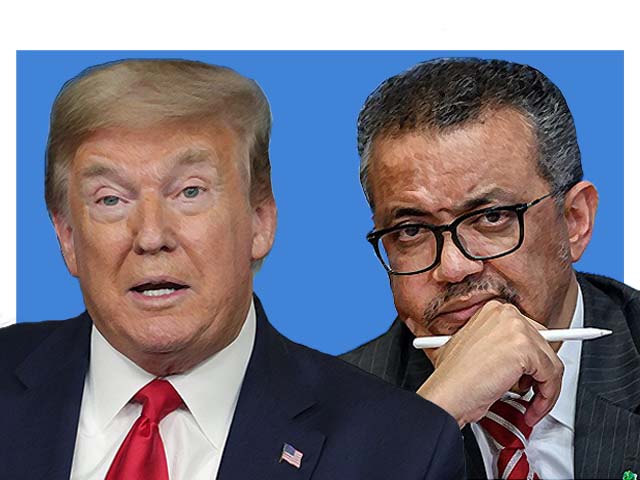
Are Modi’s trips to the Gulf States an attempt to sabotage Pakistan’s ties with them?
Should Pakistan really be worried by Indian advances in the Gulf? In theory and ideology – yes. But in practice – no.
The Pakistani media was abuzz this week with the Indian PM’s recent visit to our ‘brotherly’ ally Saudi Arabia. PM Modi’s visited the Kingdom for a short, but sweet, two days to discuss bilateral agreements of various natures with King Salman of Saudi Arabia and his son Prince Mohammad bin Salman.
The Indian media, along with the policy makers in New Delhi, were overjoyed by the visit – hailing it as a strategic attempt to further isolate Pakistan – its arch nemesis – from its “brothers” in the Gulf, the visit is said to have opened further avenues for New Delhi. Some Indian officials also believe that India’s efforts with the Middle East are attempts to de-hyphenate its relations from Pakistan as the Gulf states have often brought up Pakistan during their discussions with India.
In hindsight, Modi’s visits offer more than mere strategic depth against its neighbour.
Saudi Arabia hosts more than three million Indians, while Riyadh caters to one fifth of India’s annual oil needs. In recent years, they have also signed various trade agreements, turning India into Saudi Arabia’s fourth largest trading partner. Additionally what might seem as a jibe towards Pakistan and its refusal to join the Saudi-led coalition, PM Modi was also quick in commending King Salman for his efforts in uniting Muslim countries to combat terrorism.
Even with these enormous figures the relationship is still complex.
After acknowledging Pakistan’s importance, Saudi Arabia invited PM Nawaz Sharif and General Raheel Sharif, along with PM Modi, to possibly discuss the Indian PM’s visit amongst other issues. On the other hand, a realistic approach is that the Indian economy is performing significantly better than Pakistan’s and thus provides better investment opportunities.
For Pakistan, the various outcomes of Modi’s visit might seem worrisome. But for India, it is nothing less than realpolitik. Modi’s aggressive Middle East and South Asia policy is ominous for Islamabad. With his recent visit to the UAE – another close ally of Pakistan – coupled with the positive outcomes of his Saudi visit, Modi is trying to take advantage of the fragile political situation in the Middle East. In doing so, Modi is making sure that Pakistan’s support in the Gulf witnesses a sharp decline.
Unfortunately, Modi might not have to work too hard to make that happen. PM Nawaz and Pakistan have recently done enough to face the ire of its allies in the Gulf by declining to take active part in the Saudi-Yemen conflict; something good for Pakistan, but bad for the Kingdom.
Pakistan has also declined to take sides between Riyadh and Tehran, making things worse for their Saudi ‘brothers’.
One might assume that things between Riyadh and Islamabad have hit an all-time low, yet, some foreign policy experts in Islamabad believe India might still find it hard to fill the gap left by Pakistan as Pakistan provides an ideological playing field for Saudi ventures.
But things often go south – as history has proven – with regional or global politics. India faces a rocky road in attempt to establish smooth ties with the Gulf countries (especially Saudi Arabia) considering their desire to connect with Central Asia via Afghanistan and Iran. The equation is tricky.
India might also face a similar conundrum when it comes to balancing ties between Tehran and Riyadh. However, one thing that goes in Modi’s favour is India’s outlook of a secular state, with little or no traces of Muslim sectarian conflicts, giving Saudi Arabia less to think about when it comes to establishing fruitful ties with New Delhi.
With India having signed a number of deals with Iran, Saudi Arabia and the UAE, it seems that the only role Pakistan is willing to take is that of a mere spectator. It can either despise these deals and carry on its path in a downward spiral, or take bold domestic and foreign policy decisions to emulate India in the region.
This leads to the question,
Should Pakistan really be worried by Indian advances in the Gulf?
In theory and ideology – yes.
But in practice – no.
Pakistan is facing countless woes of its own, both politically and economically, and can hardly spare time for things going on in the Gulf vis-à-vis India. What Pakistan should be worried about is India’s rapid growth in trade, security and infrastructure as well as how, very soon, it will leave behind its ‘over-protective’ and ‘insecure’ neighbour.




COMMENTS (22)
Comments are moderated and generally will be posted if they are on-topic and not abusive.
For more information, please see our Comments FAQ